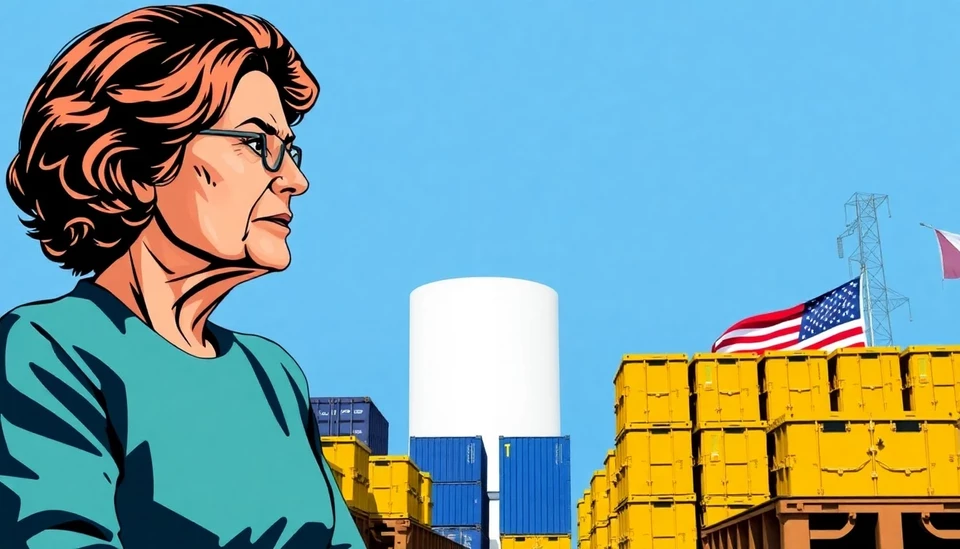
In a recent statement, Ana Botin, the Executive Chairman of Santander Group, underscored the detrimental impact of the U.S. tariffs on its own economy, suggesting that American consumers and businesses can expect to bear the brunt of these trade restrictions more heavily than their European counterparts in the immediate future. This assertion raises significant concerns regarding the ripple effects that such tariffs may generate in the global economic landscape.
Botin articulated her views during an economic conference where she examined the implications of the rising protectionism in international trade policies, particularly those instigated by the U.S. against various countries, including China and several European nations. While these tariffs are ostensibly aimed at bolstering domestic industries, she highlighted a critical oversight: the consequent inflationary pressures on U.S. consumers. As prices for imported goods surmount, American households can expect to face increased living costs, thereby squeezing their disposable incomes.
Moreover, Botin noted that European markets might benefit from a temporary advantage, as businesses in Europe could seize the opportunity to capture market shares that are being relinquished by U.S. companies impacted by tariffs. This shift, according to her, not only amplifies the strain on the American economy but potentially positions Europe more favorably in the short term, particularly in sectors where there is significant competition with U.S. firms.
Additionally, the economic ramifications of these tariffs extend beyond immediate cost implications. Botin warned that they could potentially stifle innovation and investments within the U.S. economy, leading to longer-term setbacks that could undermine the competitive stance of American companies on the global stage. With businesses facing higher costs and uncertainty, the willingness to innovate and expand may wane, raising alarms about potential stagnation in productivity growth.
As the conversation around international trade continues to evolve, Botin's insights invite stakeholders to reconsider the long-term strategies surrounding tariffs and their intended outcomes. The overarching consensus among experts is that a more cooperative approach to trade may yield greater benefits to both American and European markets compared to aggressive tariff policies that could ultimately harm consumers and businesses alike.
In summary, the unfolding situation concerning tariffs positions the U.S. in a precarious spot where short-term challenges may outweigh any intended benefits, benefiting European markets while straining American economics in the process.
#USTariffs #AnaBotin #GlobalTrade #Economy #ConsumerImpact #EuropeanMarket #TradePolicies #EconomicOutlook
Author: Daniel Foster




